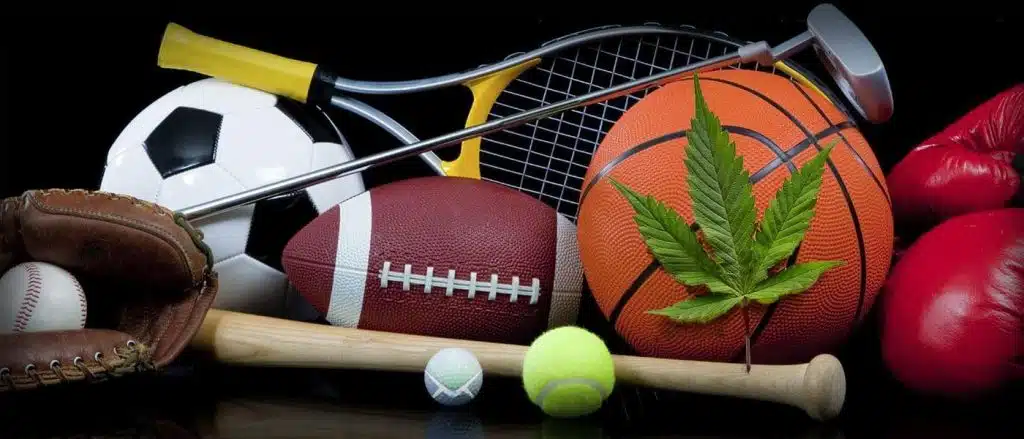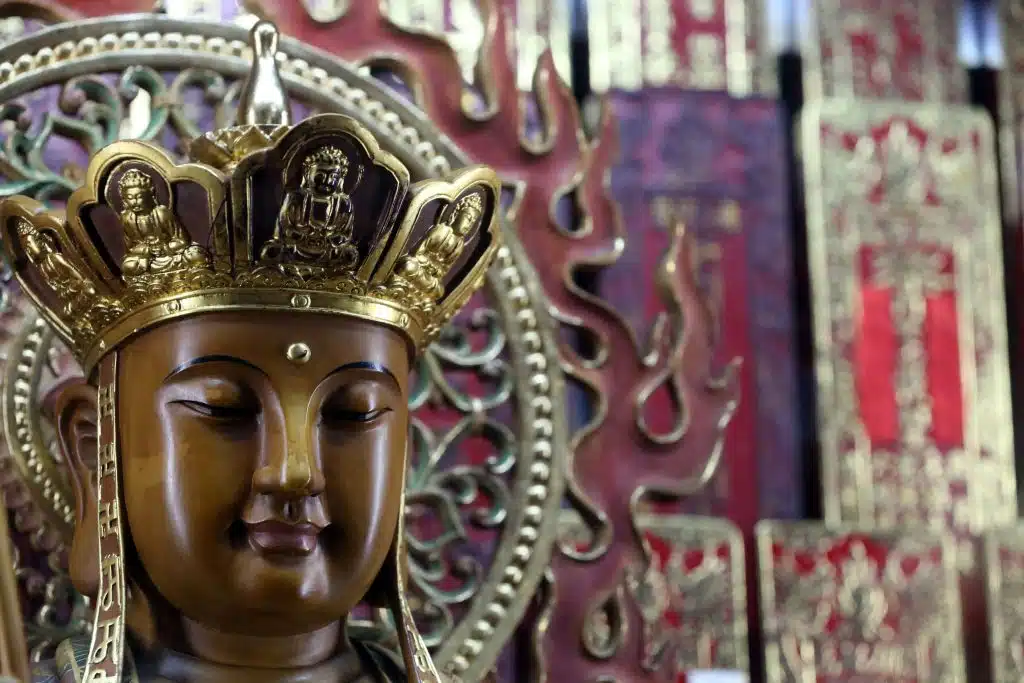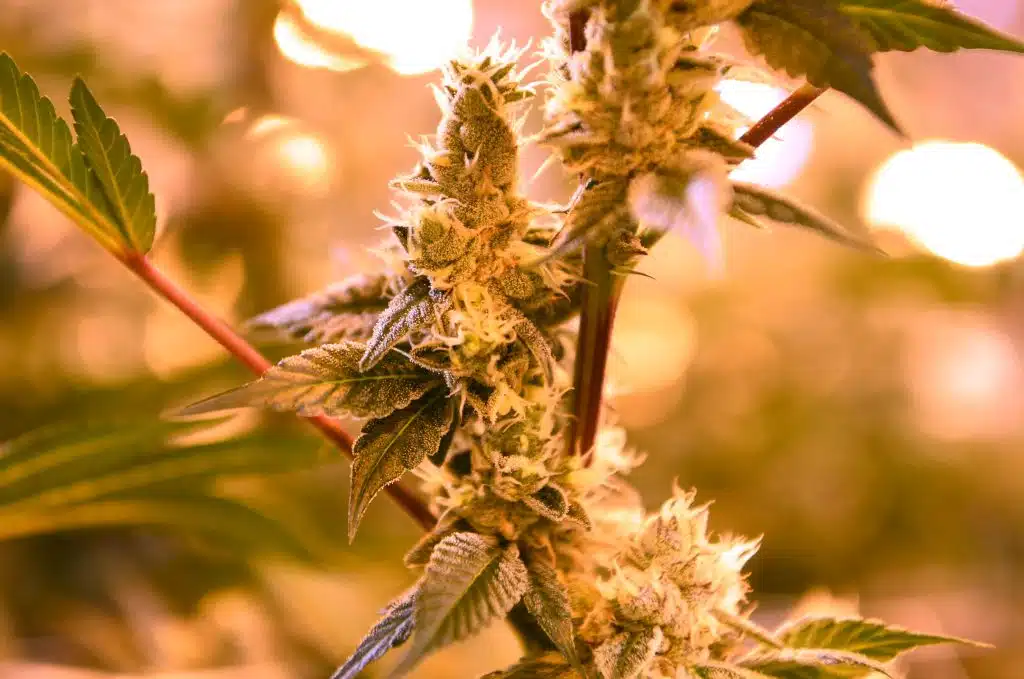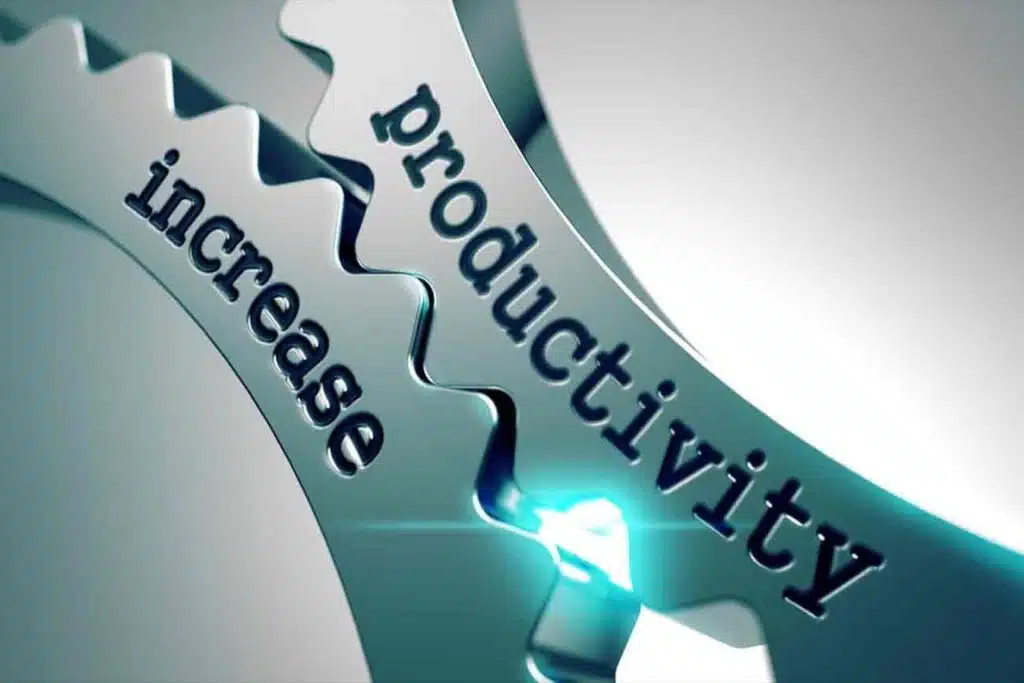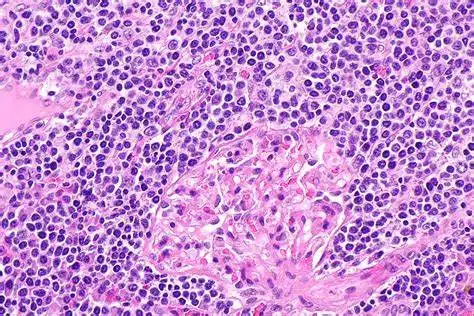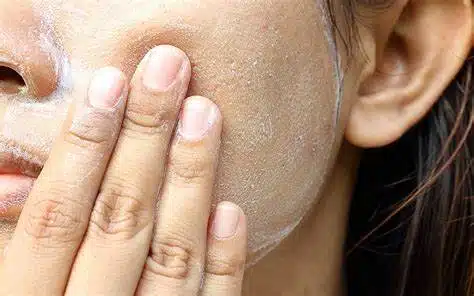Aquaponics: The Future Of Sustainable Weed
Aquaponics: The Future Of Sustainable Weed
Did you know that some of the Canadian weed is grown using fish waste? No, we aren’t being koi; aquaponics is a unique and environmentally-friendly way to grow cannabis. Aquaponics is a method of growing plants using fish waste as fertilizer. This method is not only environmentally friendly, but also produces high-quality cannabis.
Aquaponics is a sustainable, closed-loop system that uses fish waste to fertilize cannabis plants. In this system, plant roots absorb the fish fertilizer and then purify the water before it is returned to the aquarium. This means that cultivation is self-sustaining, reducing water, waste, and greenhouse emissions outputs.
Cannabis producers like Aqualitas, Green Relief, Habitat Life, and Stewart Farms are using the power of fish feces to cultivate cannabis, making it a more sustainable and environmentally friendly process.
Aquaponics-cultivated cannabis products are not only appealing to animal lovers and cannabis enthusiasts, but also provide a unique opportunity for consumers to obtain guilt-free ganja.
Women, weed, and animal welfare
Aqualitas is disrupting the cannabis industry by producing high-quality products that meet the needs of adult consumers. Their adult-use brand, Reef, is leading the way in this new era of cannabis consumption.
Nova Scotia’s first Clean Green-certified producer of organically-grown cannabis is located in Brooklyn. The woman-led company is set on the site of an old paper mill that was refurbished to facilitate small-batch, aquaponic cannabis production.
Their aquaponics system is an efficient closed-loop system that conserves water and energy. It consists of seven water tanks housing 800 to 900 koi fish. This system is designed to reduce energy consumption by up to 50% and water consumption by up to 80% compared to standard cultivation methods.
Aqualitas is focused on producing high quality medical and adult-use cannabis, while also incorporating sustainability and animal welfare into their practices. This combination of weed, water, women, and animal welfare results in a win for everyone involved.
Pets with a purpose
Many people who grow cannabis using aquaponics consider the fish to be part of the harvest. Since the cannabis is typically dried and smoked, the fish usually end up being grilled.
Aqualitas’ koi are not on the post-session munchie menu, unlike most fish in similar growing systems. This makes them more elegant and persuasive.
“I like to call them pets with jobs,” explains Danielle Maitland, aquaponics development manager at Aqualitas. Many of the hundreds of fish that work at the facility even have individual names.
Maitland explains that the fish usually get a name if we can consistently recognize them by their appearance or personality traits.
Nova Scotia is committed to protecting the health of its fish population and provides licensed aquaculture operators with access to experienced veterinarians. This ensures that koi farmers have the support they need to keep their fish healthy and free from disease.
Maitland explains that they can call up a vet anytime they have an issue, and that they have never had any issues but have good vet care in the event that they do.
As Aqualitas continues to set the standard for animal husbandry, the rest of the industry is beginning to take notice. Aqualitas’ commitment to the welfare of animals is unmatched, and other companies are starting to realize that they need to step up their game in order to compete. This is good news for animals, as it means that more and more companies are beginning to see the importance of treating animals humanely.
As Maitland points out, animal welfare is slowly but surely gaining more traction in the public eye. This is largely due to findings from studies like the one conducted by the team at Liverpool University, which suggest that fish do indeed feel pain – forcing companies who work with fish to consider the ethical implications of their practices.
Happy fish grow fantastic flower
The fish at this facility are not only given names and top-notch veterinary care, but they are also provided with enrichment activities in their habitats to keep them entertained and engaged. This commitment to the care and well-being of the fish is what makes this facility stand out.
What are the benefits of enriching the environment for weed-growing fish?
Aqualitas’ koi are kept occupied in two ways: through “bubble showers” and “demand feeders.” Airstones produce columns of bubbles for the koi to swim through during a bubble shower. The demand feeders allow the fish to tap a ball connected to a food hopper, which dispenses a tasty treat.
“We try not to let them get bored,” Maitland says.
The well-being of the animals is not the only reason to be concerned with their happiness; happy fish also lead to happier plants.
The benefits of providing a happy and secure environment for culturals far outweigh any moral objections.
We are committed to providing these fish with the best possible care, as they play an important role in our ecosystem and provide us with vital nutrients. We want them to be happy and healthy so that they can continue to perform their important functions.
If fish are unhappy or unhealthy, they won’t eat. If they don’t eat, they can’t produce the waste that feeds plants. This can have a significant impact on the health of the ecosystem.
The koi fish are a source of joy and attachment for the whole aquaculture team at the company, not just Maitland.
Reducing plastic pollution = sustainable tokes
In February, the LP announced a partnership with Sana Packaging to introduce new, sustainable packaging made from ocean-sourced materials to the adult-use and medical cannabis markets. This move will help to mitigate the environmental impact of the cannabis industry’s over-reliance on plastics and other unsustainable materials.
Our company is dedicated to environmental sustainability, and we take pride in our efforts to reduce our impact on the planet. Our packaging is made from recycled materials, and our LED lighting is energy-efficient. Our first packaging order alone succeeded in reclaiming approximately 4,000 lbs of plastic from the ocean, making a positive difference in the world.
As coastal residents, we know that it’s important to work together to clean up our oceans and landfills. That’s why we’re excited to announce our partnership with Aqualitas—a company that is committed to being more sustainable in all aspects of their business.
Higher terpene and cannabinoid content
Although it may seem like a lot of work to care for both plants and animals, Maitland says that it’s worth it because it leads to better weed growth.
“We did a lot of testing in-house and compared products irrigated with municipal water to products irrigated with aquaculture,” she says. “[With the aquaculture system] we see yield increases, increases in cannabinoids and increases in terpenes.”
Our company’s most popular product is a high THC dried flower called Ghost Train Haze. We have put a lot of effort into research and development to grow the best quality product possible. Maitland says this is a top priority for the company.
The easiest way to reap similar benefits from aquaponics is to simply fill your watering can with aquarium water instead of the tap, Maitland says, and let your plants take full advantage of those luscious nitrates.
Conclusion
If you are interested in cannabis and THC products, check out Ganja West online dispensary at ganjawest.co!

